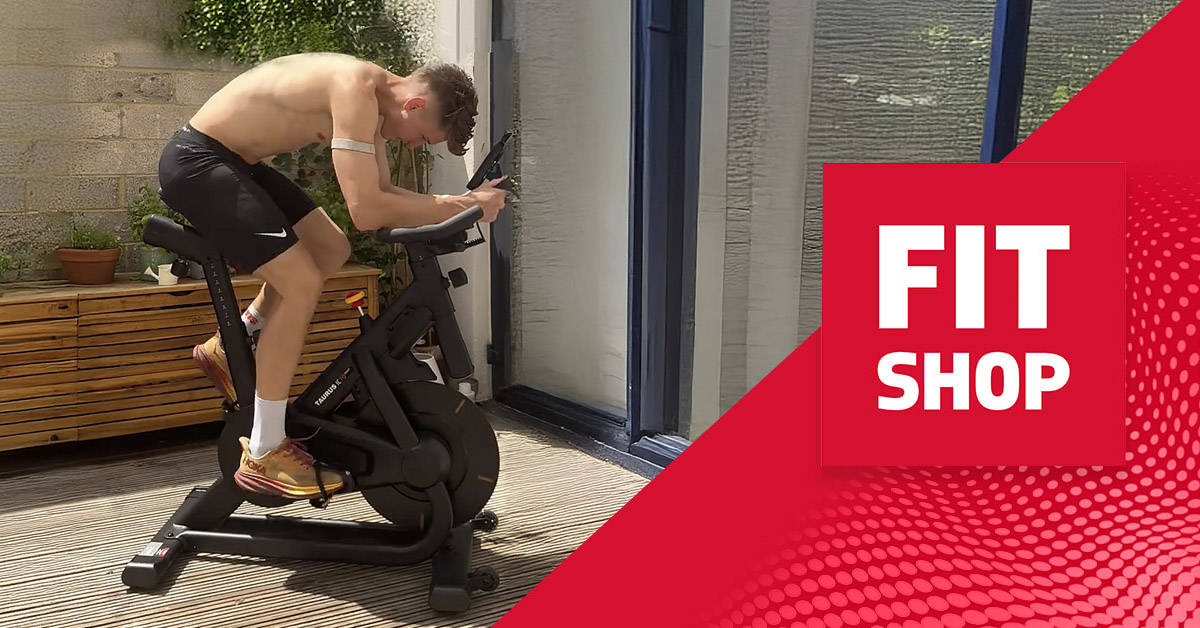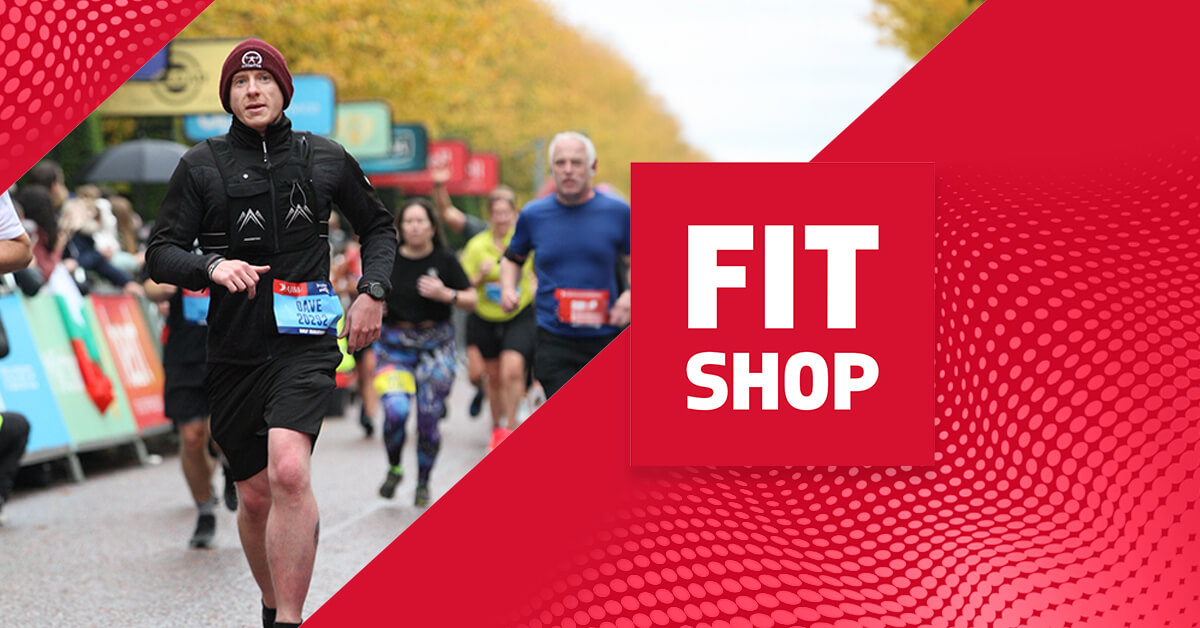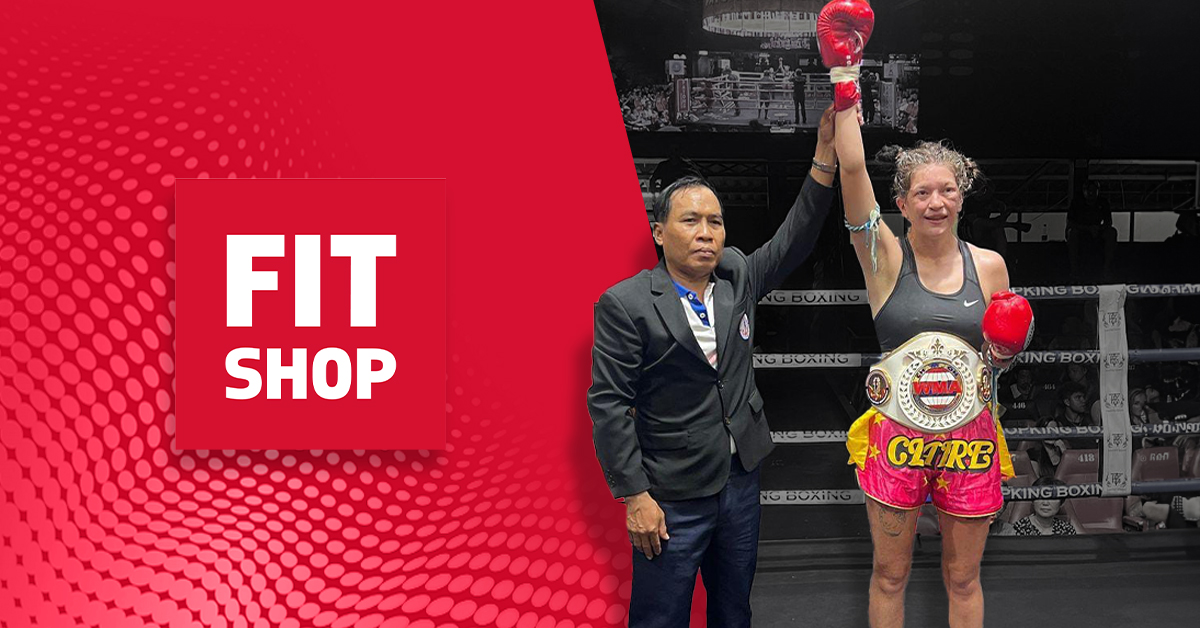Neil Adams MBE: A Life in Judo
Welcome to Fitshop’s exciting new blog series, where we dive into the inspiring worlds of athletes and fitness professionals. We’re kicking off with an exclusive interview with Neil Adams MBE, a legendary figure in British judo. We will explore the journeys, insights, and expert advice of top the industry’s top performers. Join us as we take a unique look into their lives and the secrets to their success. Stay tuned for compelling conversations that will motivate and educate, helping you achieve your own fitness goals.
To list the achievements of Neil Adams MBE is quite a task. Among his achievements in the sport of judo, Neil, born in Rugby, Warwickshire, was European champion five times, world champion in 1981 and a two-time Olympic silver medalist. Neil, now in his 60s, continues to contribute to judo with his commentary and coaching programmes. Neil continues to coach and develop modern judo, and his love for the sport is as strong as ever. Fitshop is honoured that Neil could spare some time in his very busy schedule to sit down with us and discuss his career.
What started your interest in judo?
My dad! He was a cyclist, and he wanted to try something different. We had a little dojo [a martial arts training facility] in Rugby that was essentially a hut with mats in it. At the time, I was playing football with a team. My dad was keen to get me to play an individual sport, so he took me along to the dojo. We had a roll about on the mats, and I loved it! He was very broad in his thinking for the time, understanding that some people excel as part of a team and also people who are very much individual athletes.
How did you feel about the team aspect of judo?
I did a lot of my early competitions in team judo. The team dynamic is great because it shows the sport in a different light especially because it’s a mixed-gender event. Usually, there are three female weight categories and three male weights [lower-level team compositions may differ]. The knock-on effect of the addition of team judo was that it caused many countries who were great at men’s judo to suddenly need to progress their women’s judo. As a result, the sport grew rapidly.
Personally, I didn’t like competing in teams. I didn’t like the idea that my chance at a medal was reliant on another player winning their individual fight. I think all great champions are selfish to some degree. That was a big learning curve for me, which certainly calmed down as I reached the end of my competitive career.
What drove your competitive side?
When I was younger, I was always mentally tuned in and athletic. I was very good at skill accumulation and could pick things up quickly. This was especially good for my judo, as I could look at a technique, analyse it, and put it back together my own way, which is really the spirit of judo. Jigaro Kano [the inventor of judo] designed judo so that we could learn the basic techniques and then develop them into our own. That was really my secret: my ability to acquire a skill quickly, develop it, and make it my own, which helped me progress through the ranks.
As for the winning element, I hated losing, as I’m sure most people who win a lot will also say.
How did you prepare during your career?
I was always a great trainer, which I think was one of my biggest advantages. Knowing that I would have to fight against some really tough competitors really fuelled my motivation to train hard.
You know there are a lot of very “fit” people. But, as a friend of mine used to say, “fit for what?”. Sport-specific training differs so much from simply being fit. I did a lot of running, weight training and circuit training, but there was really no substitute for hands-on judo. So what I used to do was bank my randoris [judo sparring] with quality opponents. Because I could do ten randoris with club fighters and win every time. But, to really be successful, you have to train under pressure and feel like you are in danger of losing. It would be like a marathon runner not doing enough miles; they know when they haven’t done enough to hit their average pace per mile, and it’s the same with judo.
When I trained in Japan, I ensured that I did 70, five-minute randoris per month against some of the best fighters in the world. I knew they would turn up the pressure and make me fight to my limits each time.
The rules of judo now dictate that you have to grip up and you have to attack. This puts more pressure on you as now, not only do you have to be able to endure four minutes of judo, but you also need to be able to launch an effective attack every 10-15 seconds, or you’re penalised.
It was seven minutes in my day and fifteen minutes before my time. The training had to adapt to those time limits. Now, judo is a lot quicker, more explosive, and technical, and the training has to reflect that.
How has judo progressed through the years?
I think judo actually regressed in the 90s, as we saw a lot of wrestling grappling techniques come into play. The bent-over posture and big lifting techniques and, essentially, rugby tackles. Suddenly, judo and wrestling looked too similar, and we risked losing the sport from the games unless something changed. So we changed the rules. We banned many of the wrestling-style moves to ensure that judo’s identity was as a “throwing sport” made from an upright posture. I think the change in rules really made the sport better. Now, when new people join judo, we teach them effective techniques and defences based on good, upright posture.
Are you looking forward to the Paris 2024 Games?
It’s going to be interesting. The knock-on effect of the Tokyo 2020 Games needing to be moved to 2021 shortened the window for qualifying to compete in Paris. We’ve just had the judo world championship in May. Some players had to decide whether to go to the Worlds or the Olympic Games. Some have decided to do both, but that is a really tall order. Preparing for two global events and performing at both is incredibly difficult. If I were in their shoes during my career, I would go for it. That being said, I think that the competitors who opted to do both competitions are going to be physically and mentally tired. Whereas the players who held off for the Olympics are going to be fit and motivated, and I think we’ll see some interesting results.
Once again, a huge thank you to Neil for taking the time to sit down with us for an interview and discussing his amazing career. You can learn more about Neil Adams at his website and follow his journey on Instagram.
Fitshop will be back in August with an interview with 800m and 1500m athlete Ellie Natasha-Baker.




Post Comment